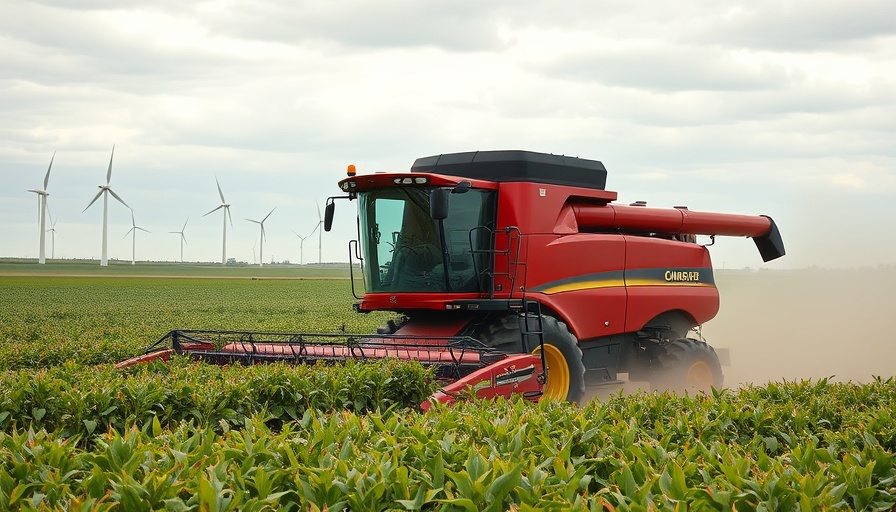
The Urgency of U.S.-China Trade Negotiations
As the trade truce deadline approaches, former President Donald Trump has taken the opportunity to urge China to increase its purchases of U.S. soybeans, highlighting the ongoing complexities in U.S.-China relations. This appeal comes at a time when both nations are navigating economic pressures and the implications of tariffs that have impacted various industries, including agriculture and technology.
Understanding the Economic Landscape
The soybean trade is a pivotal aspect of the agriculture industry, particularly in states like Iowa and Illinois, which depend heavily on exports to China. Back in 2018, Trump’s administration imposed tariffs on Chinese goods, which led to retaliatory tariffs by Beijing on American agricultural products. This economic tug-of-war has resulted in significant disruptions in trade flows, affecting U.S. farmers profoundly.
Future Insights: Will Trade Relations Improve?
Experts are divided on whether a resolution to the trade disputes is forthcoming. Some predict a potential thawing of tensions if both parties can align on key issues, while others suggest that the ongoing competition for technological supremacy will complicate negotiations. What’s clear is that the business community is keenly watching these developments, especially in regions deeply affected by trade decisions.
Sustainable Business Practices in Focus
Interestingly, the call for increased soybean exports also ties into broader conversations around sustainability in business. Many are advocating for agricultural practices that prioritize environmental stewardship while meeting global demands. This points to a larger trend where businesses, including those in the tech sector, focus on sustainable growth strategies to enhance their corporate social responsibility.
The Role of Technology
The intersection of technology and agriculture is another area gaining traction. With advancements in precision farming and data analytics, farmers are better equipped to manage resources efficiently. This kind of innovation not only helps in meeting export demands but also addresses environmental concerns associated with traditional farming practices.
Community and Economic Implications
As the Bay Area grapples with its own economic dynamics, the implications of U.S.-China trade agreements extend beyond agriculture. Silicon Valley startups focused on agri-tech innovations can flourish in an environment supportive of both technology integration and sustainable practices. Additionally, venture capital funding trends reflect a growing interest in the startup ecosystem geared towards enhancing agricultural efficiencies.
Conclusion
The unfolding drama of U.S.-China trade relations is a crucial narrative for Bay Area businesses and beyond. With economic forecasts remaining uncertain, the urgent call for increased soybean sales serves as a reminder of the interconnectedness of global economies. Local businesses, particularly those in tech and agriculture, must stay agile and informed to adapt to these market fluctuations and prepare for the economic challenges ahead.
 Add Row
Add Row  Add
Add 



Write A Comment